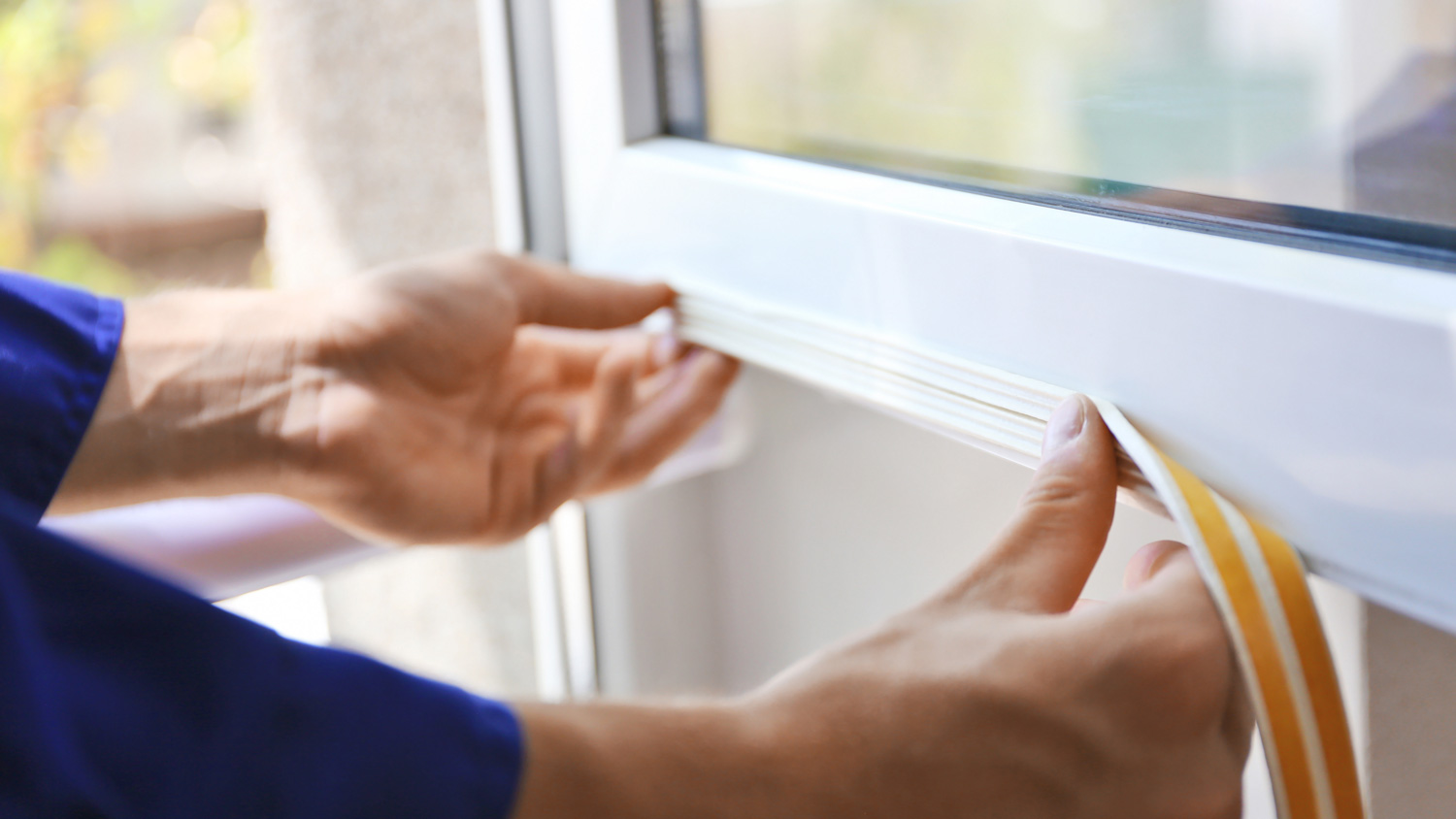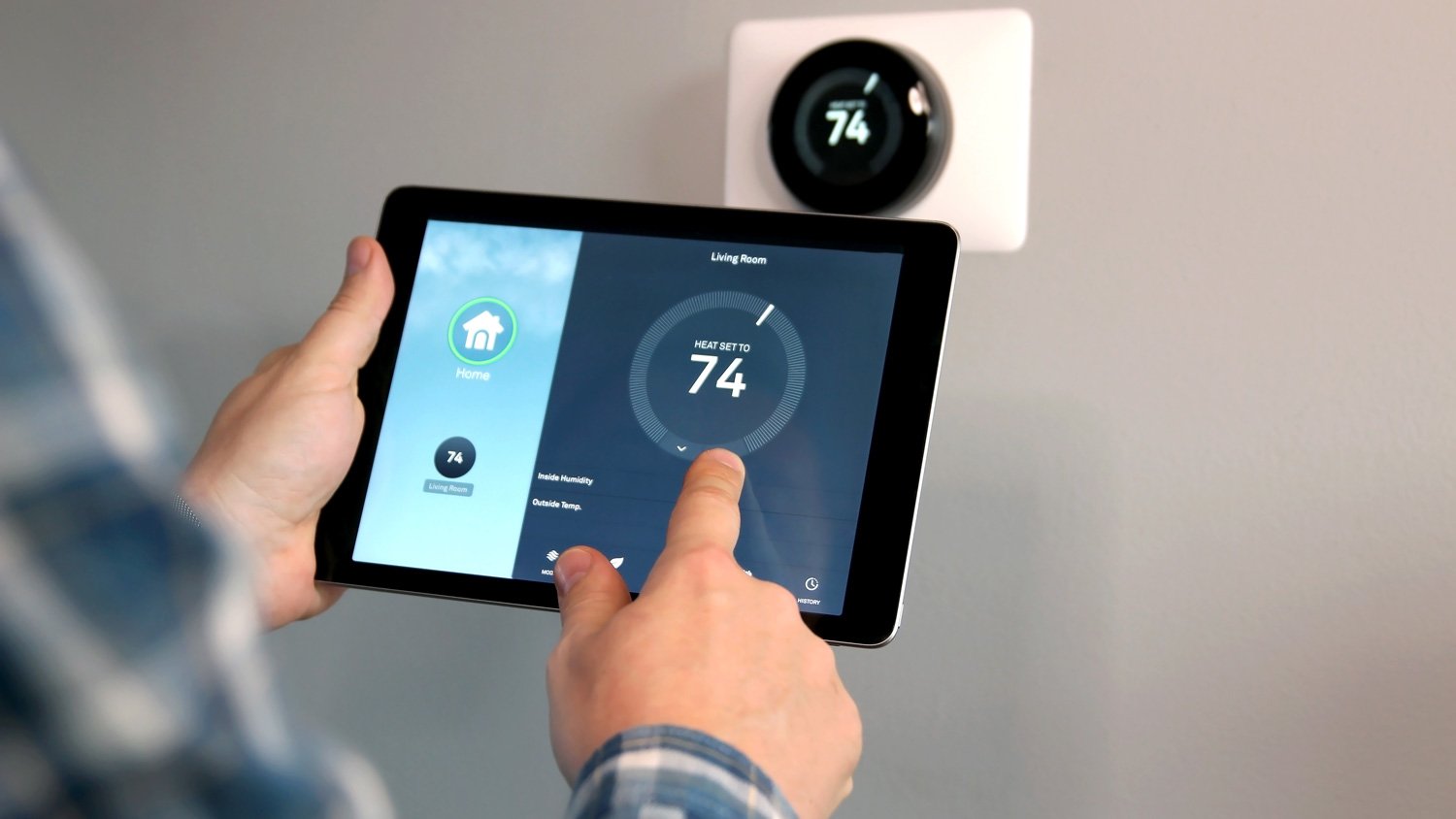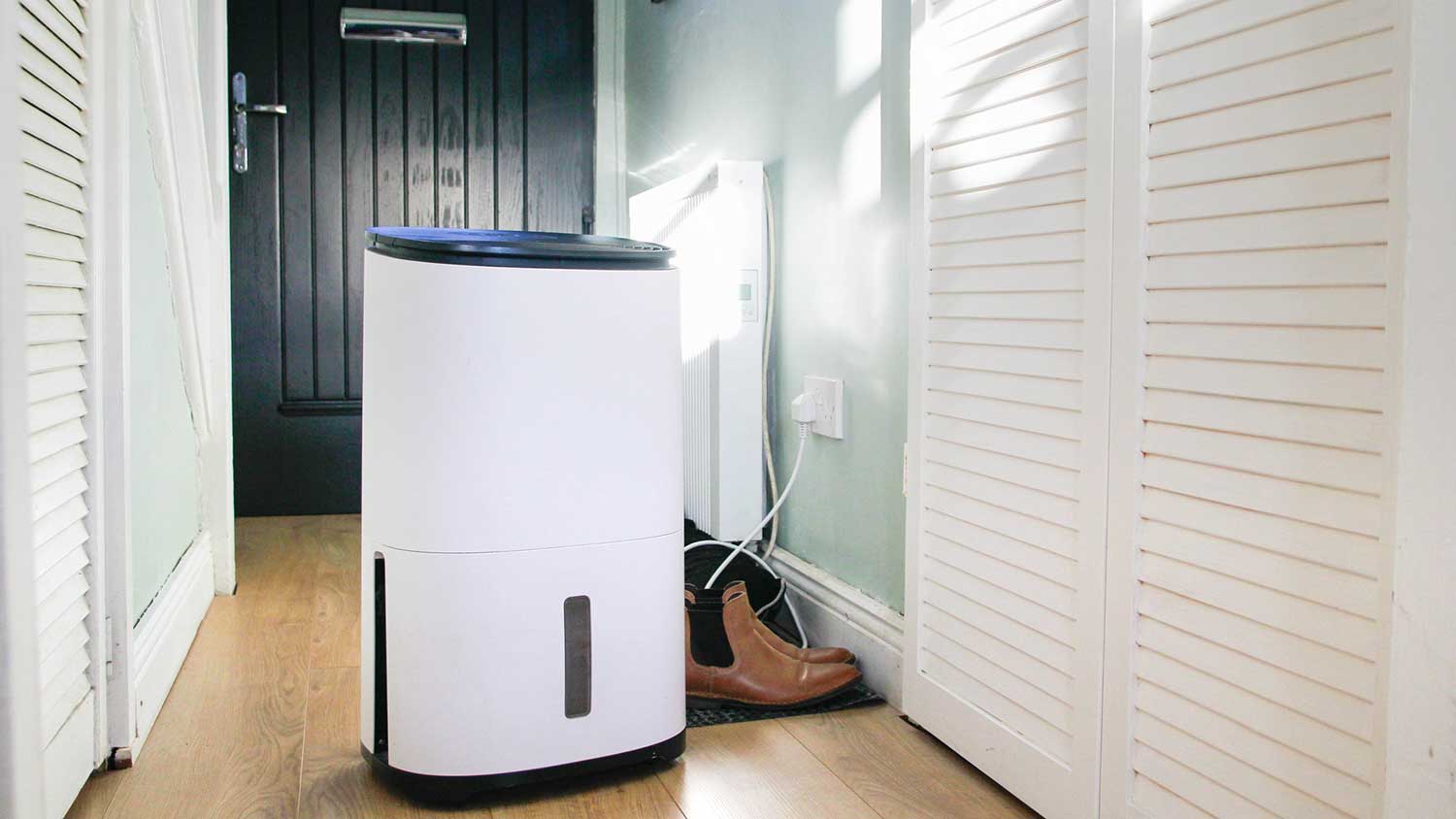10 HVAC Secrets That Can Help You Boost Efficiency and Save Money
Stay cozy and keep your cool with these insider tips


No matter the temp outside, ensure your home stays comfy inside. Whether you're remodeling, building a home, or amping up your home's efficiency, a well-working HVAC system has long-term payoffs.
You’ll spend less on cooling and heating year after year, all while enjoying a more comfortable home. Here are HVAC success secrets from the experts to keep energy bills down and your AC and furnace working optimally.
1. Get the Specs Right
The size of your HVAC system should correlate with the size of your home. Having too large or too small of a system can create unnecessary powering on and off—decreasing the efficiency and increasing your costs. Even though it may seem cost-effective at the time to go with a smaller unit, it can cost you more in the long run due to higher energy use.
Whether you’re replacing your unit or putting in a new one, talk with your local HVAC repair technician about the right HVAC system for your home. An HVAC expert can also assess and clean your ductwork. They can even help you decide if you should add extra air returns (which can be especially helpful in an older home).
2. Put Your Unit in the Ideal Place
One of the easiest HVAC secrets a pro can give you is to work on proper placement. Place your air conditioning unit in a covered or shaded spot outside. Install it on the north side of your home if possible so it stays out of direct sunlight.
3. Keep Your Condenser Unit Clear
Make sure your outdoor AC condenser unit is free of debris and isn't covered by plants or branches. When airflow is blocked, the efficiency of your unit decreases. Be sure to clear off your unit throughout the summer, or more often if there’s a heavy storm that may have knocked branches or debris on the unit.
You should also clean your unit at least once a year. First, turn off the power, then take off the grill and clean the blades.
4. Seal and Insulate Your Home

If you’re looking for HVAC secrets that’ll help you save money and keep your home cooler/warmer, you’ll want to focus on sealing and insulating key areas of your home.
Insulation is especially important if you live in an older home, such as one that’s over 75 years old. When warm or cool air leaks from your house, it forces your systems to work harder to keep your home comfortable.
Consider insulating these areas:
Rim joists in your basement
Attic
Exterior walls
Be sure to seal these areas:
Doors (including weather strips at the base if there's a gap)
Windows (or upgrade to energy-efficient windows)
Chimney
Electrical outlets
5. Change Your Air Filter
Near the ductwork in your furnace, there's a spot for your heating air filter. When you switch out to a new filter, make sure your system is turned off first.
Clean air filters ensure your HVAC system runs more efficiently and doesn’t use extra force to move the air. Your system should have smooth, uninterrupted air flow.
Your AC uses the same filter and ductwork as your heater, so clean air filters benefit you in the summer and the winter. Consider changing your air filter every one to three months, depending on your home's age and the type of system you have.
You’ll also want to get an annual HVAC maintenance inspection to catch problems early and ensure your units are ready for the seasons ahead.
6. Skip Recharging Your AC
This may not be a big secret but dwindling refrigerant in your AC unit is likely the sign of a leak, not of the need for more refrigerant. Your AC unit recycles and reuses refrigerant, so there shouldn’t be a need to keep adding more.
Instead of recharging the refrigerant, it's a better idea to fix the issue or replace your unit altogether. Hire a trustworthy HVAC professional to come to look at your unit and identify the root problem.
7. Choose Effective Window Treatments
Your window coverings can act as another form of insulation, as they can help to keep cool or warm air inside. If you live in a colder climate, consider thicker fabric or materials for your blinds and curtains.
During the cooler months, open your window treatments during the day to let sun and warmth in. Close them at night for extra insulation. During the summer, close your window coverings when it’s peak sun hours to maintain lower indoor temperatures.
8. Keep Your Vents Open
Don’t make one of the most common HVAC mistakes: closing your vents. By trying to redirect heating and cooling, you can strain your HVAC system. Keep your vents open to ensure the system is working properly and distributing air evenly throughout the house.
9. Opt for a Smart Thermostat

Here’s a quick and easy HVAC secret for you —get a smart thermostat. A smart thermostat that connects to your phone allows you to control the temperature of your house and operate it for efficiency. Setting different temperatures for when it's night and day or when you're out of town can make a big impact on your utility bills.
Be sure to install your thermostat in an ideal location. Place it on an interior wall and not near any windows or doors that you regularly open. You also want to avoid putting your thermostat in the kitchen due to the temperature changes when cooking and baking. Choose a room and area that is a good representation of the typical temperature in your home.
Talk with your HVAC expert about putting in multiple sensors in your home in different areas. Your thermostat can focus on certain rooms at certain times of day, such as ensuring the upstairs is most comfortable during sleeping hours.
You can also set up different zones or thermostats, allowing you to make your HVAC system even more programmable and specific.
10. Ensure Your Attic Has Proper Ventilation
Our last HVAC secret is to work on ventilation. With adequate attic ventilation, your home stays more comfortable and your energy bills are lower. Determine how much ventilation your attic needs and make adjustments to improve your heating and cooling efficiency. Or talk with an HVAC or local roofing expert to get their professional opinion.





- Furnace Repair
- Air Conditioning Repair
- HVAC Repairs
- Furnace Installation
- Wood & Pellet Stove Repair
- Dehumidifier & Humidifier Repair
- Heat Pump Companies
- Swamp Cooler Repair
- Wood Stove Services
- HVAC Companies
- Commercial A/C Repair
- Geothermal Installation
- Air Conditioning Installation
- Boiler Repair
- 24 Hour Furnace Repair
- Geothermal Repair
- Heat Pump Repair
- Humidifier Installation
- Thermostat Repair
- Thermostat Installation
- Nest Installation
- Heating & Cooling
- Heating Repair
- Furnace Cleaning
- Furnace Tune-Up
- HVAC Technicians
- Subcontractors
- Furnace Maintenance
- Plumbing & Heating Companies
- Wood Stove Inspection
- Mini Split Installation
- Wall Heater Repair
- Duct Installers
- 9 Summer HVAC Tips to Stay Cool and Save Money
- HVAC Seasonal Maintenance: 11 Tips to Keep Your System Running Strong
- 10 Fall HVAC Efficiency Tips to Save Money and Keep You Warm
- 13 Cool Tips to Reduce Air Conditioning Costs This Summer
- Problems With Your AC Unit? Here’s When To Call HVAC Repair
- 11 Common HVAC Problems and How to Fix Them
- All the Parts of an HVAC System Explained
- Did I Receive an Improper HVAC Installation?
- 11 Reasons Your AC Is Blowing Hot Air
- 9 Things to Do Before Turning On Your AC for the Spring










